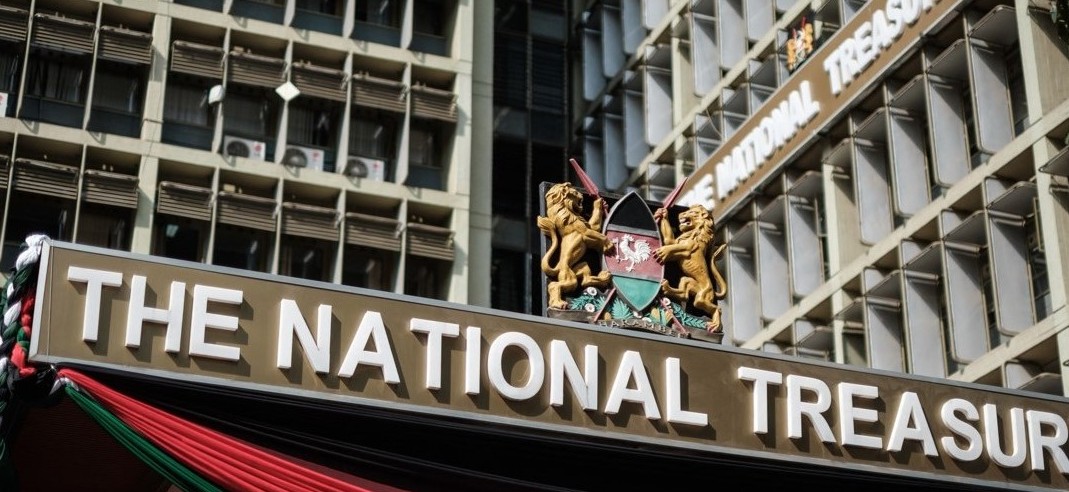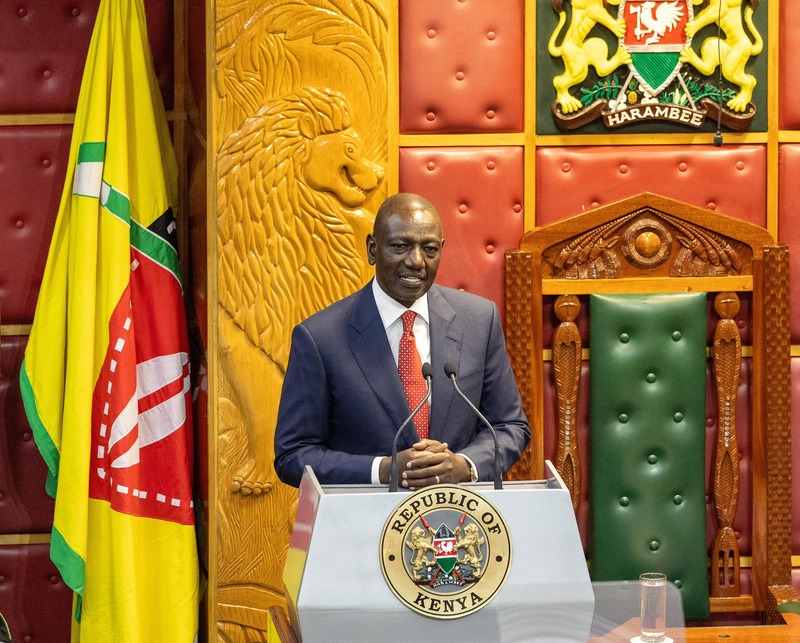KNEC under scrutiny over Sh4.2 billion irregularities, ghost examiner payments

One of the major findings involves the payment of Sh2.8 million to 203 ghost examiners during the 2022 KCSE exams.
A report by Auditor General Nancy Gathungu has faulted the Kenya National Examinations Council (KNEC) for unauthorised overspending without proper documentation or approvals from both the Cabinet Secretary for Education and the National Treasury.
The audit, dated April 2024, outlines a series of financial inconsistencies amounting to Sh4.2 billion in KNEC’s operations during the financial year ending June 30, 2023.
More To Read
- Five arrested for impersonating students in ongoing KCSE exams
- Auditor General warns Kenya Railways’ Sh569 billion loan default could burden taxpayers
- TVET students can now access July 2025 exam results, says KNEC
- KCSE enters third week as government steps up efforts to ensure smooth exams amid floods
- Hundreds of exam candidates stranded by Elgeyo Marakwet mudslides to be airlifted for national exams
- Audit uncovers Sh13 billion irregularities in Ketraco wayleave payments
One of the major findings involves the payment of Sh2.8 million to 203 ghost examiners during the 2022 Kenya Certificate of Secondary Education (KCSE) exams.
In the report, Gathungu notes that the examiners were not validated in KNEC's database, violating guidelines stipulated in Section 3.14 of the KNEC user guide on exam management.
“Payments to these examiners amounting to Sh2,864,760 were irregular and could not be confirmed as valid,” reads the report.
The total examination expenditure for KCSE stood at Sh5.1 billion, but the irregular payments raised concerns about the council's financial controls.
The report also disclosed that KNEC's liabilities, amounting to Sh4.1 billion, are more than double its assets, which stand at Sh2 billion.
Gathungu says that this negative working capital of Sh2 billion leaves the council technically insolvent and raises doubts about its ability to meet financial obligations.
Further scrutiny uncovered Sh239 million in outstanding prepayments and receivables, including Sh103 million in imprests that have remained uncollected since 2018.
The Auditor General criticised KNEC for failing to recover the funds.
“There is no evidence of any effort made to retrieve these amounts, casting doubt on their recoverability.”
Other financial discrepancies noted include a Sh1.1 million variance in statutory deductions for pension and NSSF contributions, along with the council’s continued payment of Sh12 million in rent for office space that is no longer in use.
According to Gathungu, KNEC vacated three floors at the National Housing Corporation building but continued to pay rent due to an unresolved tenant replacement.
“The council continued to pay rent for unoccupied floors, yet the lease agreement had no provision for such payments. It is unclear why no agreement was reached with the landlord for early lease termination,” reads the report.
The report also exposes Sh164 million in dormant donor funds that have been lying in KNEC’s accounts for 17 years.
The funds intended for educational development projects supported by the Aga Khan Development Network and the Rockefeller Foundation were never remitted to the Consolidated Fund as required by Public Finance Management Regulations.
Further, examination fees totalling Sh3 billion were also flagged, with the audit revealing the generation of duplicate invoices to 112 institutions.
Gathungu notes that this has resulted in manual reconciliations due to system failures, further reflecting weak financial controls within KNEC.
Despite previous warnings, the report notes that many of these issues — such as lack of internal controls, poor risk management and weak governance — remain unresolved.
As of June 2023, Gathungu notes that KNEC had not implemented significant corrective actions to address these longstanding concerns.
Top Stories Today












































